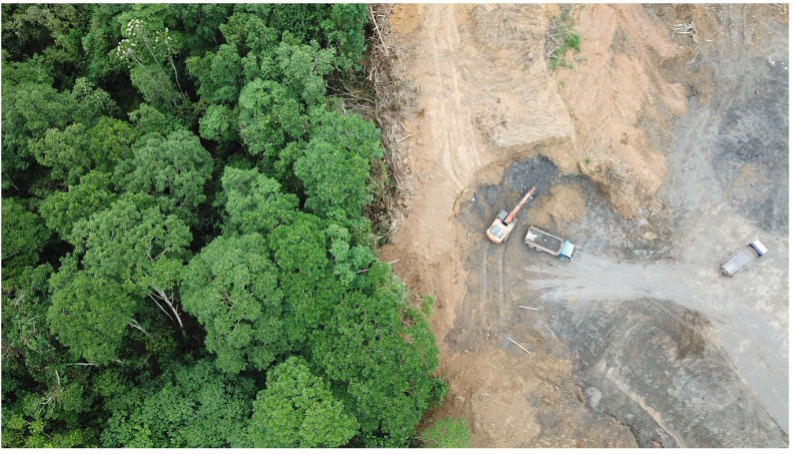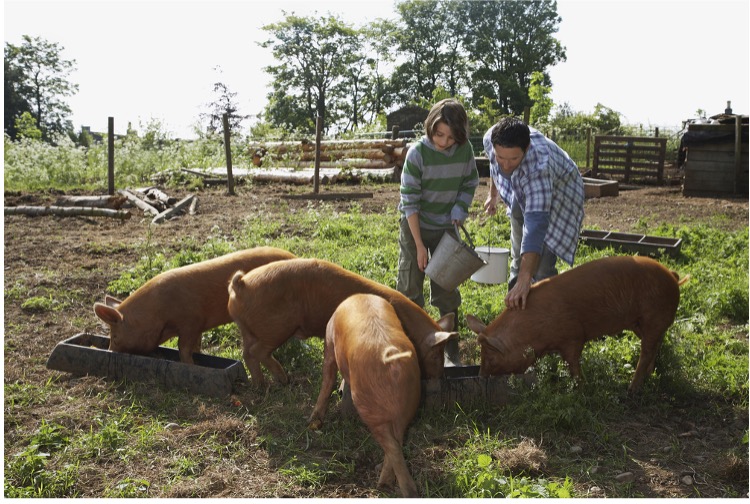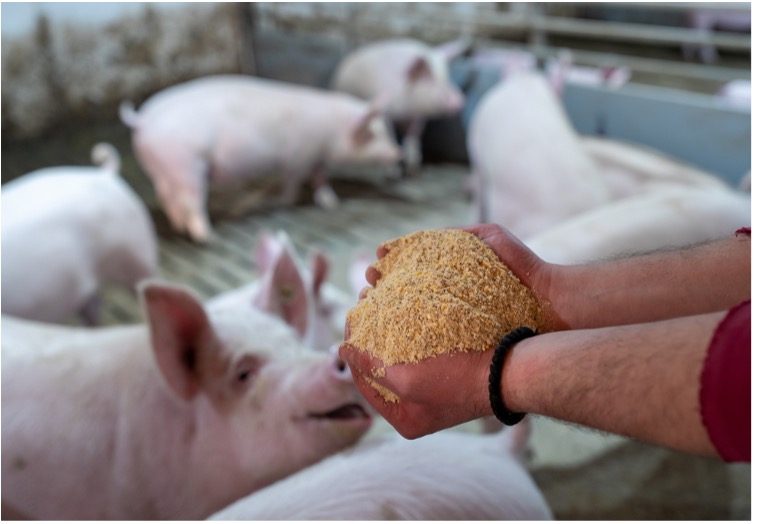

Source: Swine Tech
Animal agriculture receives some harsh criticisms from those outside of the industry, especially those who lack exposure to rural areas and the processes that go into livestock production. However, there are many ways that animal agriculture is developing to become more environmentally friendly and part of the solution to protecting the earth. Jack Bobo, CEO of Futurity, speaks to reframe the way consumers think about food production and what that means for the future of farming.
Outsourcing Impact
From positions within the U.S. Department of State to his current role running a company dedicated to predicting trends in consumer attitudes toward food, Jack Bobo brings decades’ worth of experience to the table. In particular, his work evaluating other countries’ approaches to the food they make has highlighted the continuum of local versus global sustainability, or supporting the environment closest to a company versus the global ecosystem. Neither is necessarily good or bad to support, but some trade-offs between them occur as a result of different decisions in production.


Bobo gives the example of many European countries that do export substantial amounts of food with excellent local sustainability. However, their exports are along the lines of “beer, whiskey, wine, and cheese,” which don’t necessarily support a population. As a result, the country that sends the most food to Europe is Brazil, the most biodiverse region in the world.
It’s in this way that sustainability in food production becomes very difficult to define because using less water, fertilizer, and pesticides may make a product seem more sustainable to the consumer. But, Bobo points out, “the more you can farm your land, the less land you need. When we farm more intensely in the United States, there’s less deforestation in Brazil.” Sustainability is therefore a process and spectrum that can vary in appearance, but what does that mean for agriculture’s marketability?
Consumer Choice
As far as what Bobo has seen in his career, he says that “People have never cared more nor known less about how their food is produced.” In other words, with modern consumers being removed from farm life, it’s difficult for customers to know what they’re asking. Of course farmers want the best treatment possible for land and animals alike, but as with means of sustainability, there are trade-offs involved in changing production processes. Bobo states that, for instance, “Most consumers want cage-free hens, but they don’t want to pay more for their eggs.” It is, however, difficult to communicate that situation with a consumer, so what does Bobo recommend farmers and companies do instead? Build trust.
Facts alone aren’t enough to convince a consumer, but relationships and transparency are. Bobo acknowledges that many farmers are leery of “transparency” because they think that information will be used against them, but he explains that “transparency should be like food safety was 100 years ago.” People care about transparency because there isn’t a lot in their lives right now. Experts have thus speculated that, 10 years from now, transparency will be important, but more than that, Bobo predicts that it will be the standard. “Do you want to enhance your transparency and be rewarded? Or be dragged into it and punished [by the market] for not doing it [sooner]?”
Producers and the consumer might not always see eye to eye, but it’s crucial to acknowledge both perspectives as the need for quality food increases with the size of the world’s population.


Progress versus Perfection
Finally, when evaluating agriculture as a whole, one thing Bobo stresses is that, when critiquing farmers, many people don’t realize that modern farming is vastly improved over what it was in decades past. “If we look at where we came from versus where we are, the picture looks different. 7% of people on the planet will go hungry [tonight], but 60 years ago, 1/3 of the planet would’ve gone to bed hungry.” Bobo further specifies how farming is better than it ever has been in that it causes less erosion, uses less water, and releases fewer greenhouse gasses. Agriculture does indeed take a toll on the earth, but it’s also true that there are huge efforts being taken to curb that impact. This process of improvement will naturally continue to occur with the development of the industry, but what can it look like?
Bobo says that, instead of pointing the finger at producers and saying “this is what you should do,” leaders in the industry should highlight farms that are taking measures to reduce their impact on the environment and being more productive as a result. No one likes to be condescended to, but most do like to learn new things.
As long as there are mouths to feed, agriculture as an industry will continue developing, and the goal for “sustainability” will keep moving farther ahead. However, by acknowledging the intricacies of global versus local sustainability, the voice of the consumer, and the past successes of the industry, agriculture will continue to chase that finish line.


For more information on this topic, listen to Jack Bobo’s full statement on Popular Pig®: Can Animal Agriculture Save the Planet?
By Isabella Rivera





